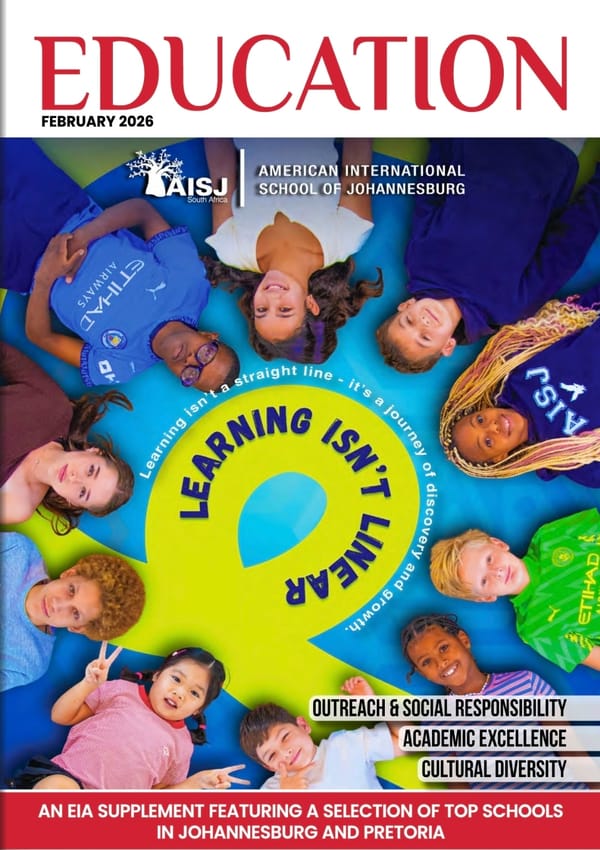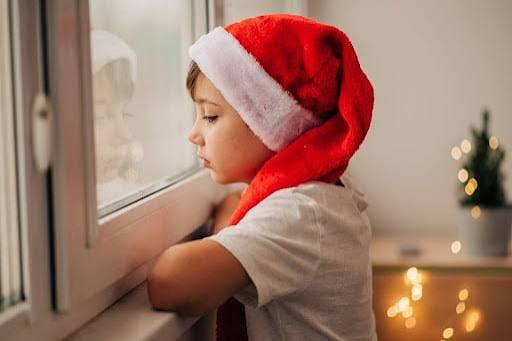The Hidden Trauma of Parenting a 2e Child

Two months from now, my son will walk out of school for the last time. I should feel light, relieved, ready to exhale. Instead, I’m burnt out. Not in the ordinary sense, but in the way that comes from years of treading water — never drowning, but never allowed to rest either.
This is the reality for many parents of twice-exceptional (2e) children — those who are both gifted and neurodivergent. Their brilliance and their struggles exist side by side. They can dazzle you with questions that belong in a philosophy seminar, and then unravel completely over handwriting. It’s not contradiction. It’s who they are.
The assessment treadmill
If your child doesn’t fit neatly into the “average learner” mould, schools often send you spinning. From one assessment to another. From one specialist to the next. You gather files, you get reports, you answer the same questions in ten different waiting rooms. Every professional wants to pin down what’s wrong. And somewhere in the shuffle, what’s right gets overlooked.
Imagine if, instead of clinical reports that read like a laundry list of faults, parents were handed a guide: Here’s what lights your child up. Here’s how they learn best. Here’s how to nurture their gifts while gently supporting their challenges. That’s not wishful thinking. That’s what genuine inclusion should look like.
The voices of parents
This year, in my work with parents, I’ve heard the same stories whispered again and again. One mother told me, “I feel like I’ve been in battle for a decade — and my child’s only twelve.” Another confessed, “I’ve stopped reading the reports. They just feel like pages of everything my child isn’t.”
The trauma is shared. It’s not only my story. Parents of 2e children everywhere are longing for a shift — away from deficit lists, toward recognition of gifts.
Language, environment, understanding
For 2e learners, everything hinges on these three: language, environment, understanding. The words adults use can wound or uplift. Classrooms can suppress or unlock. And if parents are given the right support, they can hold the line between their child being diminished or celebrated.
Coming out the other side
I won’t sugarcoat it: it has been brutal. Parenting a 2e child through school feels like running a marathon on uneven ground. But now, two months away from the end of my son’s school career, I can say this: it was worth it. He made it through. We made it through. And he carries his gifts with him intact.
If you are in the thick of it — weighed down by reports, being told over and over what your child “can’t do” — hear me: don’t give up. Keep pushing. Keep trusting the brilliance you see.
Yes, the trauma is hidden. But so is the triumph. And when you finally come out the other side, you’ll find it etched deep, like grain in wood — proof that you and your child didn’t just survive school. You outlasted it.





